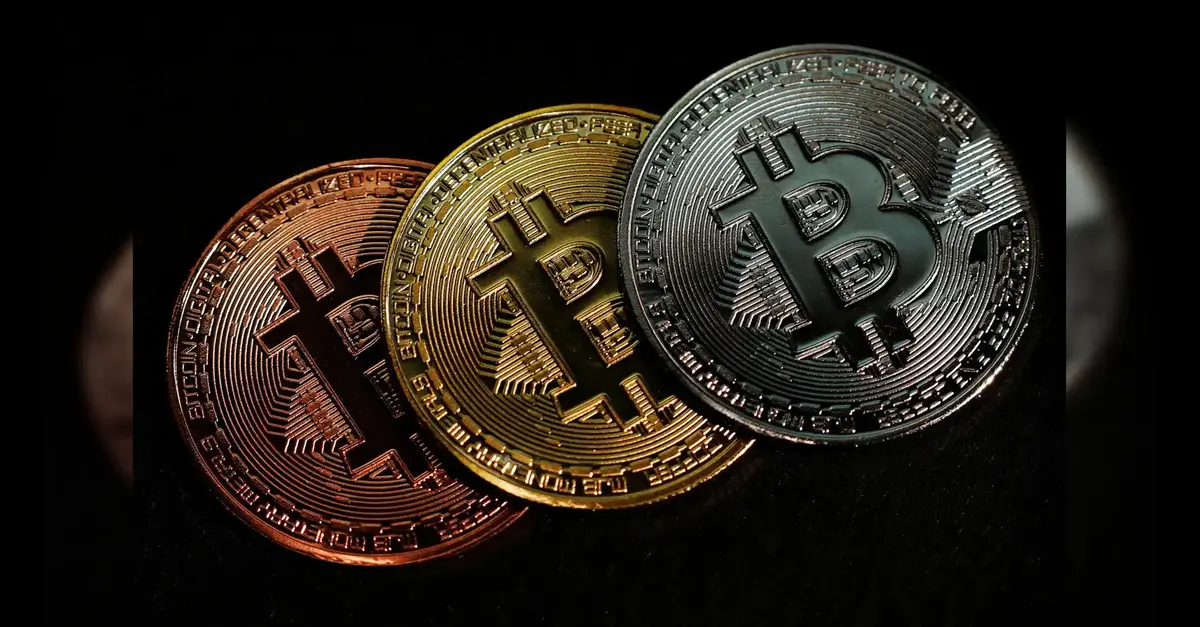Case Name: Umesha Verma Vs. State
Case No.Bail Appln. 3788/2022
Date of Judgment: 14 July 2025
Judges: Justice Girish Kathpalia
Introduction
Umesh Verma (Petitioner) seeks the grant of regular bail in FIR No. 132/2020 registered by the Economic Offences Wing (EOW), Delhi, under various provisions of the Indian Penal Code 1860, such as Section 406, 409, 420, 467, and 120B. The charges relate to a mass cryptocurrency investment fraud. The complainant, Joginder Kumar, claimed that in his firm, Pluto Exchange, Verma guaranteed 20–30% profit on monthly investments and cheated multiple investors. He had first invested ₹5,00,000 and then found that Verma had shifted operations to Dubai without returning the money invested. It was found that more than ₹50 crores had been gathered from about 61 victims on similar false claims.
Verma was arrested on 30.12.2020 and granted interim bail in April 2023 on the condition of making payments to the victims. Despite protracted mediation proceedings for two years, most victims received no compensation or partial settlements. The Court ultimately decided the bail application on merits, refusing to further postpone under the pretext of settlements since the bail application was pending.
Issues for Determination
- Whether the accused is entitled to bail regularly despite being accused of a large-scale economic offence of fraud relating to cryptocurrency.
- Whether interim settlements and purported repayments made during mediation represent the accused’s bona fides.
- Whether the accused is a flight risk and can tamper with or influence witnesses if released on bail.
- Whether efforts at settlement in economic offences should be at the bail court’s discretion.
- Can bail proceedings be availed of as a forum to recover monies from accused persons?
Legal Provisions Involved
Sections 406, 409, 420, 467, 120B IPC – About criminal breach of trust, cheating, forgery, and criminal conspiracy.
Section 438, Code of Criminal Procedure, 1973 – Anticipatory bail (current reference).
RBI Circulars of 24.12.2013, 01.02.2017, 05.12.2017, and 06.04.2018 – Prohibitions and warnings for dealing in virtual currencies.
Petitioner’s Arguments
Learned Senior Counsel Umesh Verma filed that his first foray into cryptocurrency was genuine, and he did not intend to cheat. It was argued that the state’s derecognition of virtual currency resulted in financial troubles. The counsel pointed out that Verma cooperated while on interim bail, settled up with numerous victims, and had no intention of evading arrest. Hence, he ought to be released on regular bail, particularly given the time lapse and payment of part of the amount to the victims.
Respondent content
The Additional Public Prosecutor, assisted by counsel for the complainant, strongly opposed the bail. Despite the RBI’s 2018 circular banning cryptocurrency transactions, they said that Verma had shown mens rea by still looking for investments. The state claimed that the petitioner used the mediation process only to delay the process.
Analysis
Justice Girish Kathpalia opposed the idea that courts can become recovery forums for money at the bail hearing stage. Relying on authoritative Supreme Court judgments, he underlined that offences of an economic nature had to be handled differently, particularly when they involved the larger public interest and financial systems. The Court also observed that although some victims had settled through mediation, 38 out of the 61 victims received no money or only a partial refund, indicating a lack of serious intent.
The Court ruled that Verma’sVerma’s activities — such as ongoing investment collection following the 2018 RBI prohibition — demonstrated intent to defraud. The previous bench had already established that Verma collected investments even after cryptocurrency was derecognised, which undercut the defence that his enterprise was genuine at the time. Also, the State’s concern that he was a flight risk was proved by his arrest at the airport in 2020.
Judgment
The Court rejected the bail application because the petitioner’s crime was serious. The Courted was also at risk of flight, as it had previously jumped bail and fled to Dubai. The case must be dealt with firmly by establishing judicial precedent in economic offences. Futhermore, the court apply the strict legal interpretation and the bail application of the Umesh is denied by the court.
Conclusion
The court’s requirement of intention, systemic abuse of mediation, and the need for deterrence in white-collar crime cases provides critical guidance on handling bail in financial fraud cases. The ruling ensures the Court’s commitment to upholding credibility in economic justice, especially when government trust and regulation abuses are involved.
PRIME LEGAL is a full-service law firm that has won a National Award and has over 20 years of experience in various sectors and practice areas. Prime Legal falls into the category of best law firm, best lawyer, best family lawyer, best divorce lawyer, best criminal lawyer, best criminal law firm, best consumer lawyer, best civil lawyer.”
WRITTEN BY AYUSHI TRIVEDI


